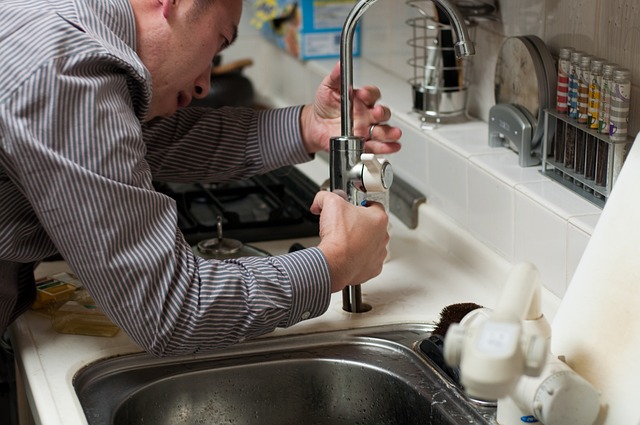Comprehensive Overview of Home Water Filters and Their Options
Access to clean drinking water is essential for health and well-being. Home water filters serve to improve the quality of tap water by removing contaminants and impurities. This guide delves into the mechanics of water filters, the various types available, and practical recommendations for selecting the right system suitable for different households in urban areas.

Understanding How Water Filters Work
Water filters employ multiple mechanisms to remove impurities from your water supply. The most common filtration methods include mechanical filtration, which removes sediment and particles; activated carbon absorption, which tackles chlorine and organic compounds; and ion exchange, which addresses hard water minerals. These processes work together to deliver cleaner, better-tasting water while eliminating potentially harmful contaminants.
Types of Water Filtration Systems
Point-of-Use (POU) Systems:
-
Pitcher filters
-
Faucet-mounted filters
-
Under-sink systems
-
Countertop filters
Point-of-Entry (POE) Systems:
-
Whole-house filtration systems
-
Water softeners
-
Sediment filters
Each system serves different purposes and offers varying levels of filtration capability, making it crucial to understand your specific water quality issues before making a selection.
Selecting the Right Water Filter for Your Home
Several factors should guide your choice of water filter:
-
Water quality concerns (identified through testing)
-
Daily water consumption needs
-
Available installation space
-
Maintenance requirements
-
Budget considerations
Common Water Filter Options and Pricing
| Filter Type | Initial Cost Range | Annual Maintenance Cost | Typical Lifespan |
|---|---|---|---|
| Pitcher Filter | $20-$70 | $30-$60 | 2-6 months |
| Faucet-Mounted | $20-$50 | $40-$80 | 3-6 months |
| Under-Sink | $100-$500 | $50-$100 | 6-12 months |
| Whole-House | $600-$4,000 | $100-$300 | 3-10 years |
Prices, rates, or cost estimates mentioned in this article are based on the latest available information but may change over time. Independent research is advised before making financial decisions.
Maintenance and Replacement Requirements
Regular maintenance is crucial for optimal filter performance. This typically involves:
-
Replacing filter cartridges according to manufacturer schedules
-
Cleaning filter housings
-
Monitoring water pressure and flow rates
-
Testing filtered water quality periodically
Most systems require filter replacement every 3-12 months, depending on usage and water quality. Some advanced systems feature electronic indicators that signal when replacement is needed.
Long-term Benefits and Considerations
Investing in a quality water filtration system offers several advantages:
-
Improved water taste and odor
-
Reduced exposure to contaminants
-
Lower costs compared to bottled water
-
Environmental benefits from reduced plastic waste
-
Potential increase in appliance lifespan due to reduced mineral buildup
When properly maintained, a water filtration system can provide years of clean, safe drinking water while potentially saving money on bottled water purchases and extending the life of water-using appliances.




